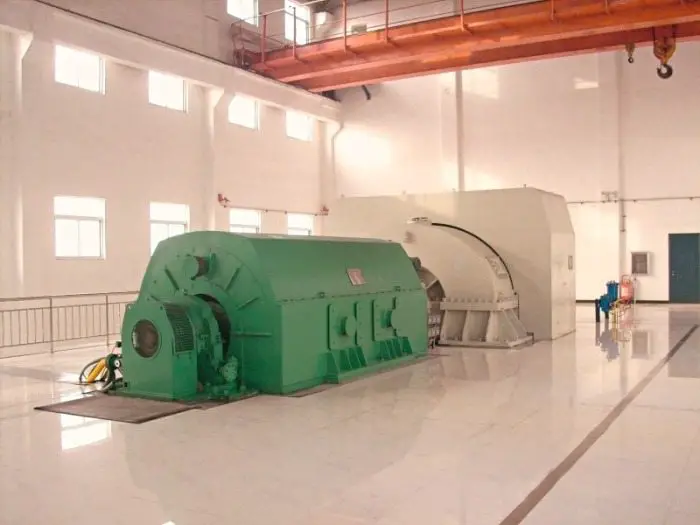Siemens, PEPS, and NST have signed an accord to help Morocco generate electricity using solid waste as the nation puts in effort to embrace renewable energy as part of its 2030 vision.
The memorandum, which took place as part of the COP22 climate change conference in Marrakech, was signed by engineering company Siemens in joint venture with PEPS, a branch of the “Imperium Holding” industrial group focused on converting solid waste into electricity and NST, a French company founded in Guadeloupe that specializes in renewable energy.
“The enterprise aspires to meet the expectations of a National Household Waste Plan, which sets a goal of 20 percent recycled and upgraded waste by the year 2022,” Siemens stated in a statement.
The memorandum is in addition planning to help Morocco attain its goal of generating 52 percent of its electricity from renewable energies by the year 2030. Morocco’s electricity utilization totaled 35 TWh in the year 2015. Over 75% of it came from fossil fuels – coal or natural gas
“For Siemens Morocco, this agreement with PEPS & NST is also a way of solidifying our dedication to Moroccan projects that can make things come about,” said Siemens Morocco CEO Dirk De Bilde.
This isn’t PEPS’ first run at converting trash into electricity. The Marrakech-based organization has already assembled a waste-to-energy site in the community of Ras El Aïn, and PEPS and NST have joined forces in the testing of waste-to-energy procedures since the year 2012. The Ras Al Aïn site was publicly inaugurated as part of COP22.
This new memorandum, on the other hand, will lead to a stronger endeavor on Morocco’s part in trying to boost the total of electricity generated by renewable energies. It is projected to process around 54 tons of waste daily and arrive at a generation capacity of up of 2.4 MW.

Leave a Reply